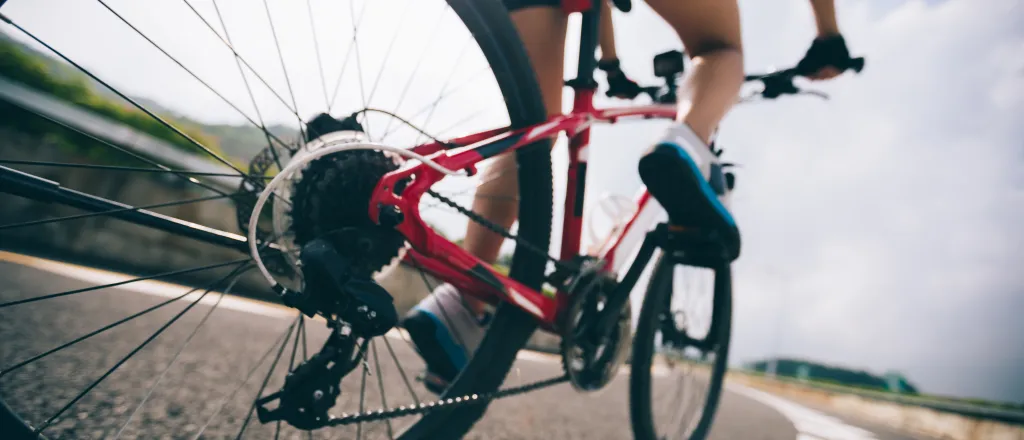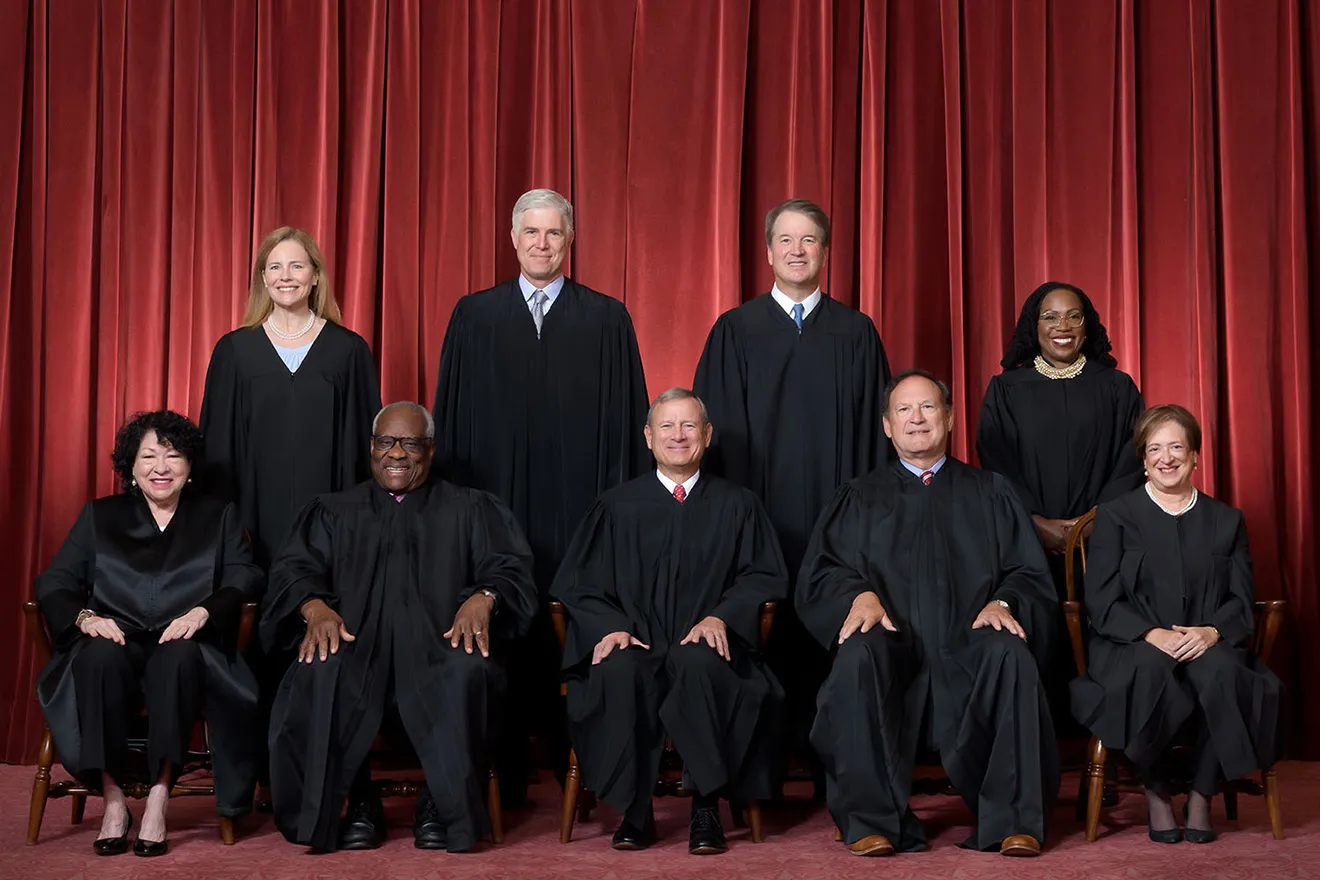
Denver’s e-bike rebates so hot they're gone within minutes
(Colorado News Connection) A new program in Denver offering rebates for electric bikes has become so popular, you’d think the city was giving away free Broncos tickets.
Residents this month scooped up the latest lot of 400 vouchers within minutes of them becoming available on the city’s online portal. It was the fifth round of the monthly program, which was first launched in April. Even Grace Rink, the city’s chief climate officer who touts the program as a way to help Denver reach its climate goals and reduce air pollution, was surprised by how much of a hit the rebates would become.
“We thought there would be some interest in owning e-bikes — we just had no idea it would be as popular as it has been,” Rink said. “For those of us who have made our careers in government and have tried to tell people about all the programs we have, we know it's hard to get the word out. This one wasn't hard. People jumped on it right away.”
The rebate program offers Denverites between $400 and $1,700 off the purchase of an e-bike. It’s been so successful that the city is now increasingly being looked to as a model by the rest of the country as local communities take on more initiatives to reach net-zero emissions targets.
E-bikes feature battery-powered motors that assist riders as they pedal, allowing a broader range of people to make more and longer trips than traditional bicycles. While e-bikes have typically attracted less attention than electric vehicles, they’re more financially accessible to a wider swath of people and can help to reduce traditional car traffic and emissions.
The Denver initiative grew out of a 2020 vote in which residents approved a 0.25 percent sales tax increase to provide $40 million in funding per year for climate action, meant to move the city toward its goal of reaching net-zero emissions by 2040.
When the office of Climate Action, Sustainability & Resiliency (CASR) first launched the rebates, the program reached capacity with more than 3,000 applicants in just weeks. Demand was so high that the city retooled its approach and is now offering the rebates on a limited monthly basis.
What Makes Denver Unique?
While there are a smattering of state and local initiatives that offer e-bike rebates throughout the country, the Denver program stands out for a few reasons. First, the vouchers are offered on a sliding scale, with the biggest benefits reserved for the lowest-income individuals. Rink said income qualification is a crucial part of the program because it bakes equity into climate action.
The vouchers also offer a discount at the point of sale, rather than as a tax rebate that recipients have to wait to get cash back from. That’s another key part of lowering the participation barrier for low-income riders, said Noa Banayan, director of federal affairs at the Boulder, Colorado-based advocacy group PeopleforBikes.
Other distinguishing factors include the size of the rebate — at as much as $1,700, it’s one of the largest in the US.
Another essential feature has been the city government’s partnership with local retailers, which helps to ensure that the bike vouchers are incentivizing recipients to keep money circulating in the local economy.
In New York, advocates for the NY Ride Clean Rebate, which would extend the state’s Drive Clean electric car rebate program to e-bikes, have pointed to Denver as proof that these kinds of programs can work. The New York bill, which would provide an immediate 50 percent rebate to anyone buying an e-bike for as much as $1,100, passed in the state senate but then died without a vote in the assembly last year. Organizers are pushing it once again in 2022.
“The main takeaway from Denver is that the idea is incredibly popular and that people are incredibly eager to adopt it,” said Darren Goldner, one of the leaders of the Ride Clean effort who helped draft the New York bill. “E-bikes are game-changers that can break through car dependency and open up mobility to people who can’t afford cars. They’re a class leveler that facilitates sustainable transportation for members of the working class.”
What Are the Hurdles?
Denver’s program won’t be a perfect fit for every city. Increased investment in infrastructure, including protected bike lanes and safe bike storage, are crucial for increasing the appeal and safety of using e-bikes for regular transportation. But that can come with a high price tag. “Even a mile of bike lane can cost in the millions of dollars,” said Rink, Denver’s chief climate officer.
But considering that transportation is the second-largest source of emissions for cities like Denver, the costs can be worth it. That’s especially true when factoring in that about 75 percent of car drives within the city “are just one person driving alone,” and that the “majority of trips are less than six miles from home,” Rink said. An e-bike can easily be swapped for a car on those kinds of trips.
“If cities are asking, ‘How do we very quickly and effectively reduce the emissions within our city,’ they're going to realize that e-bikes have the best ROI for that problem,” Rink said, referring to return on investment.
The question, though, is whether the rebate program is actually reducing car use. So far, the early data looks promising.
Ride Report , a micromobility-focused technology company, has been tracking the e-bike use of 70 rebate recipients who voluntarily downloaded the company’s app. According to Michael Schwartz, the head of customers and policy, rebate recipients are traveling an average of 3.26 miles per e-bike trip, with 90 percent riding at least once a week and 70 percent riding daily.
Andrea Coyle is one of the Denver residents who’s benefited from the program. She and her wife both bought e-bikes using city vouchers with the goal of replacing two car trips a week. But they’ve exceeded their own expectations, and instead find themselves riding “most days,” Coyle said.
Coyle, who received a $400 voucher, deals with chronic fatigue and sports-induced asthma. Riding on an e-bike makes hilly or longer outings more doable for her. And she and her wife are eager to take advantage. There’s “a car trip almost every day that we're replacing,” she said.
Whitney Bauck wrote this article for Bloomberg News.















